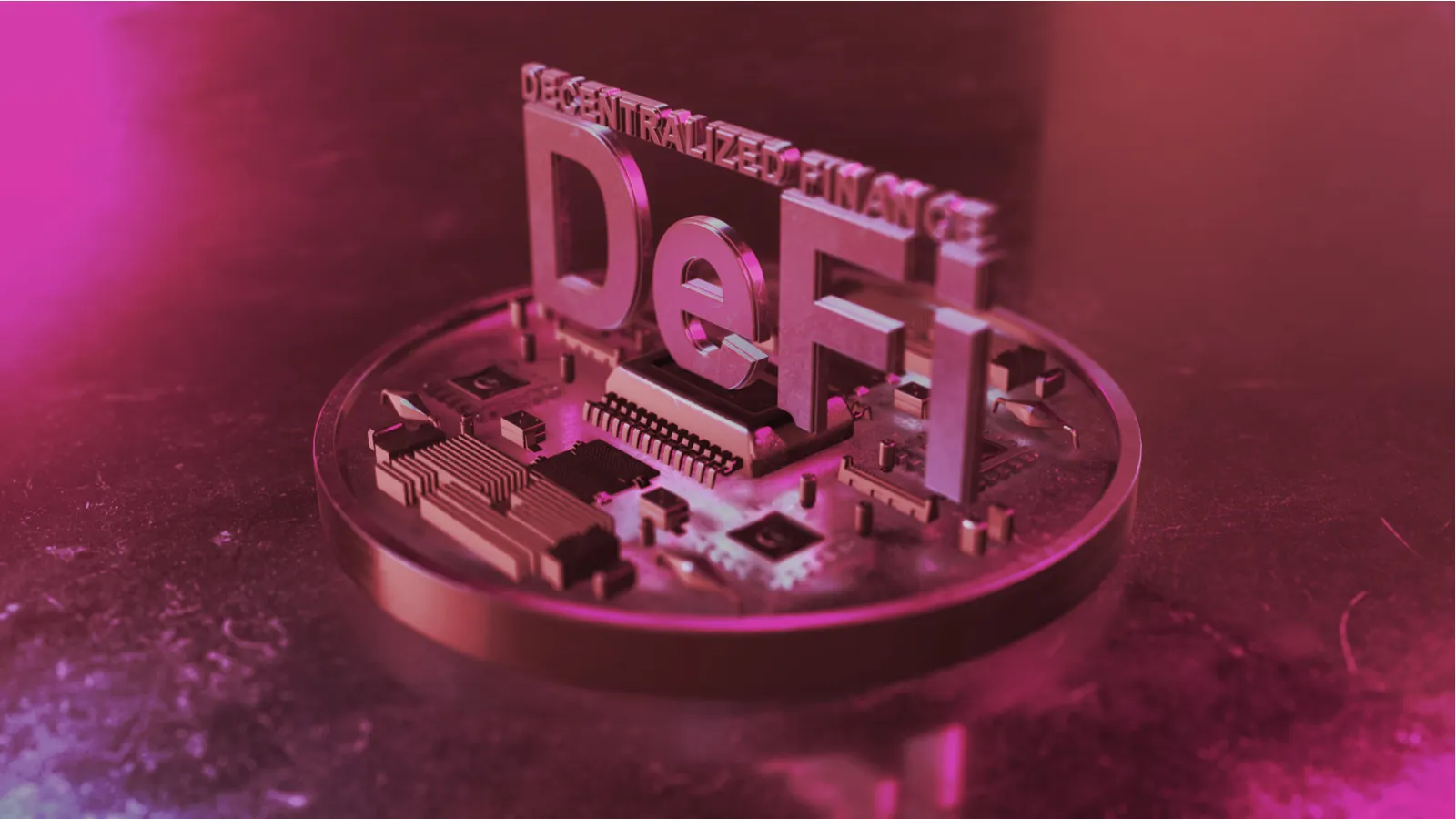The International Organization of Securities Commissions (IOSCO) has published a report on decentralized finance (DeFi), highlighting a wide array of risks associated with the $217 billion crypto niche.
"DeFi seeks to obviate traditional intermediaries between parties to transactions. Although it is argued that disintermediation allows for faster, cheaper and more efficient execution of transactions, it also eliminates market participants that have traditionally acted as gatekeepers, performing central roles of ensuring investor protection and market integrity," IOSCO said.
The international group of securities regulators has included a list of the "primary" risks that the DeFi industry presents, adding the caveat that this list is not exhaustive.
In any case, they document a plethora of threats that could either undermine consumers, market integrity, or both.
IOSCO on DeFi
IOSCO's report lays out eight primary risks inherent in the DeFi industry.
The organization first highlighted market integrity risk, which can arise from speculative lending, trading, and borrowing that often features in DeFi systems.
"These risks include those caused by trading and price misinformation or manipulation and conflicts of interest," the report says. IOSCO notes that market integrity risks such as these also feature in the world of traditional finance. Still, other risks involved in DeFi are "somewhat unique" to the industry, IOSCO says.
These include front-running—where miners can profit using their ability to re-order or censor certain blockchain transactions—and flash loans, which IOSCO says have been seen on major DeFi protocols built on the Ethereum network.
Other risks include market dependency on certain actors (like validators and liquidity providers), the use of leverage, and technology-based risks that can "result in the reduction, deterioration or breakdown of products and services."
"DeFi seeks to shift trust from traditional intermediaries to technology, and, therefore, presents inherent technology-based risks," the report reads.
IOSCO also points out the risk of illicit activity, owing to the lack of KYC procedures and the use of "anonymity-enhancing technologies."
"There are significant risks for those transacting in DeFi to engage with a sanctioned counterparty or with crypto-assets sourced through illicit activity," IOSCO also said.

